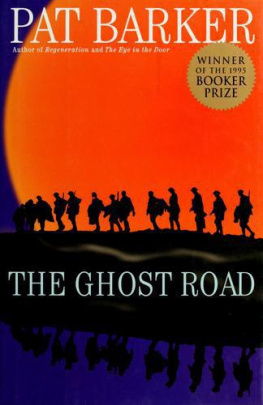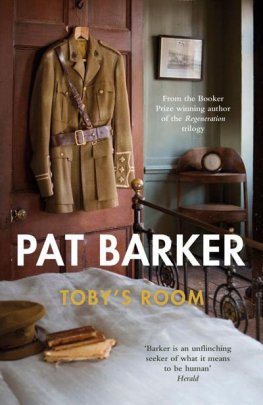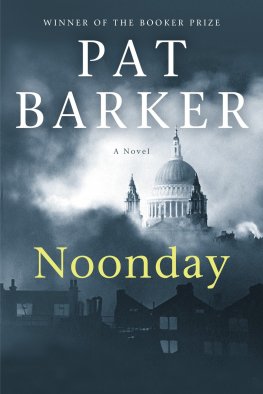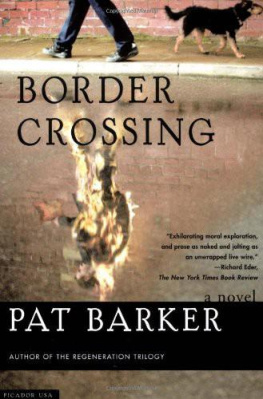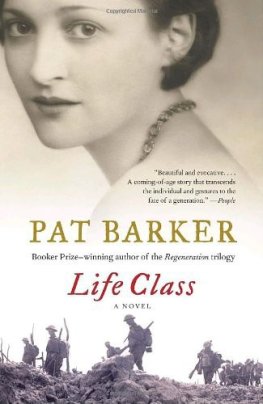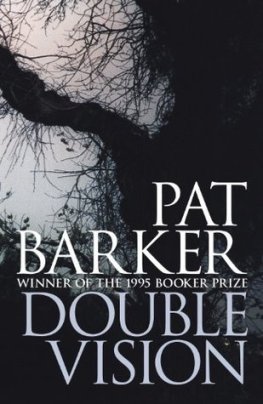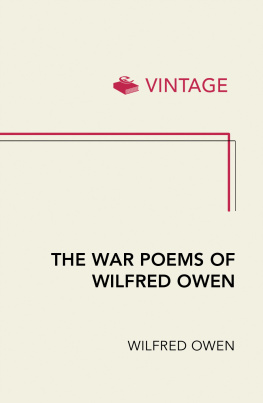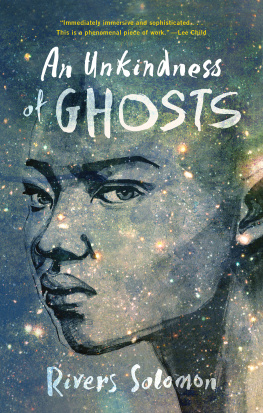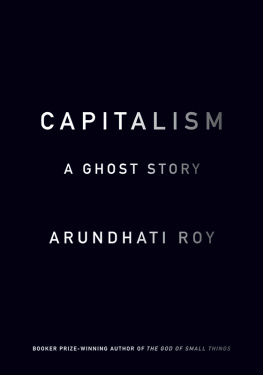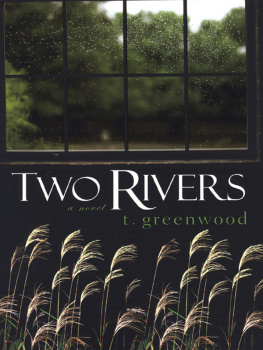
For David
Now all roads lead to France
And heavy is the tread
Of the living; but the dead
Returning lightly dance
'Roads', Edward Thomas
PARTONE
CHAPTER ONE
In deck-chairs all along the front the bald pink kneesof Bradford businessmen nuzzled the sun.
Billy Prior leant on the sea-wall. Ten or twelve feetbelow him a family was gathering its things together for the trek back toboarding-house or railway station. A fat, middle-aged woman, swollen feetbulging over lace-up shoes, a man with a lobster-coloured tonsuremy God, he'dbe regretting it tomorrowand a small child, a boy, being towelled dry by ayoung woman. His little tassel wobbled as he stood, square-mouthed with pain,howling, 'Ma -a-am.' Wet sand was the problem. Italways was, Prior remembered. However carefully youtiptoed back from that final paddle, your legs got coated all over again, andthe towel always hurt.
The child wriggled and his mother slapped him hard,leaving red prints on his chubby buttocks. He stopped screaming, gulped withshock, then settled down to a persistent grizzle. The older woman protested,'Hey, our Louie, there's no need for that.' She grabbed the towel. 'C'mon, giveit here, you've no bloody patience, you.'
The girlbut she was not a girl, she was a woman oftwenty-five or twenty-six, perhaps-retreated, resentful but also relieved. Youcould see her problem. Married, but the war, whether by widowing her or simplyby taking her husband away, had reduced her to a position of tutelage in hermother's house, and then what was the point? Hot spunk trickling down thethigh, the months of heaviness, the child born on a gush of bloodif all thatdidn't entitle you to the status and independence of a woman, what did? Oh, andshe'd be frustrated too. Her old single bed back, orperhaps a double bed with the child, listening to snores and creaks and fartsfrom her parents' bed on the other side of the wall.
She was scrabbling in her handbag, dislodging bustickets, comb, purse, producing, finally, a packet of Woodbines. She let thecigarette dangle wetly from her lower lip while she groped for the matches. Herlips were plump, a pale salmon pink at the centre, darkening to brownish red atthe edges. She glanced up, caught him looking at her, and flushed, not withpleasurehis lust was too blatant to be flattering but drawn by it,nevertheless, into the memory of her unencumbered girlhood.
Her mother was helping the little boy step into hisdrawers, his hand a dimpled starfish on her broad shoulder. The flare of thematch caught her attention. Tor God's sake, Louie,' she snapped. 'If you couldonly see how common you look...'
Louie's gaze hadn't moved. Her mother turned andsquinted up into the sun, seeing the characteristic silhouette that said'officer'. 'Look for the thin knees,' German snipers were told, but where theysaw prey this woman saw a predator. If he'd been a private she'd have asked himwhat the bloody hell he thought he was gawping at. As it was, she said, 'Niceweather we're having, sir.'
Prior smiled, amused, recognizing his mother's speech, the accent of working-class gentility. 'Let's hope itlasts.'
He touched his cap and withdrew, thinking, as hestrolled off, that the girl was neither a widow nor married. The way themother's voice had cracked with panic over that word 'common' said it all.
Louie's knees were by no means glued together, evenafter the child. And her mother was absolutely right, with that fag stuck in her mouth she did look common. Gloriously,devastatingly, fuckably common.
He ought to be getting back to barracks. He had hismedical in less than an hour, and it certainly wouldn't do to arrive gasping.He had no business to be drifting along the front looking at girls. But helooked anyway, hoarding golden fuzz on a bare arm, the bluish shadow betweenbreasts thrust together by stays, breathing in lavender sharpened by sweat.
The blare of music inside the fairground drew him tostand in the entrance. So far today the only young men he'd seen had been inuniform, but here were men as young as himself incivilian dress. Munitions workers. One of them waschatting to a young girl with bright yellow skin. He felt the automatic flow ofbile begin and turned away, forcing himself to contemplate the bald grass. Achild, holding a stick of candy-floss, turned to watch him, attracted to theman who stood so still among all the swirl and dazzle. He caught her looking athim and smiled, remembering the soft cotton-wool sweetness of candy-floss thatturned to clag on the roof of your mouth. She bridled and turned away,clutching her mother's skirt. Very wise.
As he walked on, his smile faded. He could have been a munitions worker, he thought. Kept out ofdanger. Lined his pockets. His father wouldhave wangled him a place in a nice safe reserved occupation, and would not havedespised him for it either, unlike many fathers. The weedy little runt would atleast have been behaving like a sensible weedy littlerunt, refusing to fight in 'the bosses' war'.
But he'd never seriously considered doing that.
Why not? he wondered now.Because I don't want to be one of them , he thought,remembering a munitions worker's hand patting a girl's bottom as he helped herinto the swing-boat. Not duty, not patriotism, not fear of what other people would think, certainly that. No, a kindof... fastidiousness. Once, as a small boy, he'd slipped chewed-uppieces of fatty mutton into the pocket of his
because he couldn't bring himself to swallow them, andhis father, when the crime came to light, had said, in tones of ringingdisgust, That bairn's too fussy to live.' Too fussy to live, Prior thought. There you are, nowhere near France and an epitaph already. The thoughtcheered him up enormously.
By now he was walking up the hill towards thebarracks, a chest-tightening climb, but he was managing it well. His asthma wasgood at the moment, better than it had been for months. All the same it mightbe as well to sit quietly somewhere for a few minutes before he went into theexamination room. In the end all he could do was to turn up in a reasonablestate, and answer the questions honestly (or at least tell no lies that werelikely to be found out). The decision would be taken by other people. It alwayswas.
Though he had managed to take one decision himself.
His thoughts shifted to Charles Manning and the lastevening they'd spent together in London.
Have you stopped to think what's going to happen ifyou re not sent back? Manning had asked. Six months, at least six months, probably to the endof the war, making sure new recruits wash between their toes.
Might have its moments.
Doing a hundred and one completely routine jobs, eachof which could be done equally well by somebody else. You'd be much betterworking at the Ministry. I can't promise to keep the job open.
No, thank you, Charles.
No, thank you. He was passing the Clarence GardensHotel where he'd been stationed briefly last winter before the summons toLondon came. Plenty of routine jobs there. He andOwen, his fellow nutcase, had arrived on the same day, neither of themwelcomed by the CO. They'd been assigned to 'light duties'. Prior became anadministrative dogsbody, sorting out the battalion's chaotic filing system.Owen fared yet worse, chivvying the charladies, ordering vegetables, peeringinto lavatory bowls in search of unmilitary stains. Mitchell had given themhell. Prior got him in the mornings when he was totally vile, Owen in theevenings when brandy had mellowed him slightly.
What do you expect? Prior said, when Owen complained. He's lost two sons. And who shows up instead of them? Couple of twitching Nancy boys from a loony-bin in Scotland.
Next page
